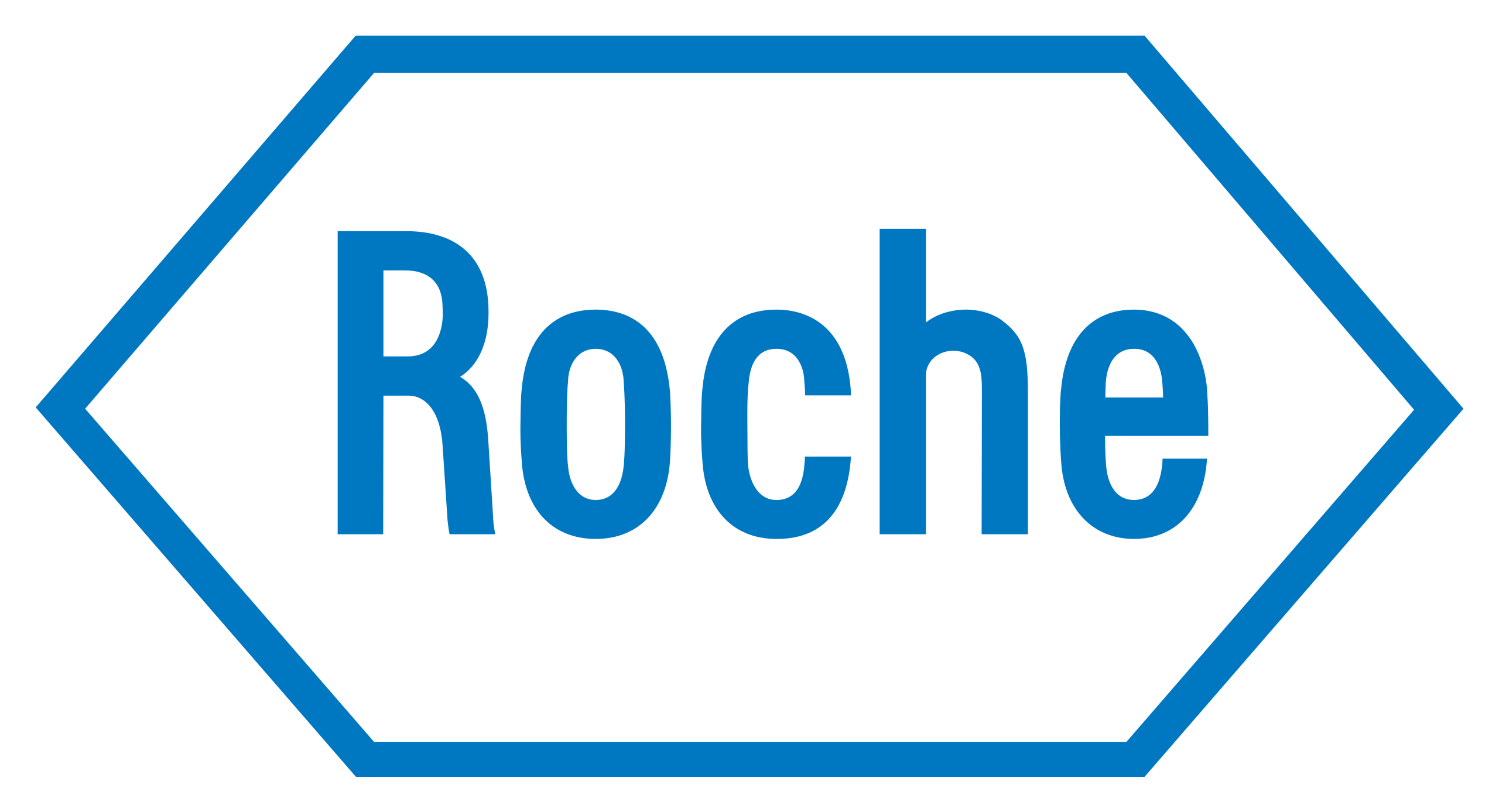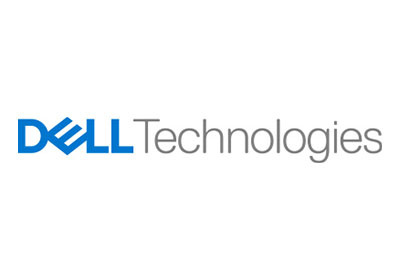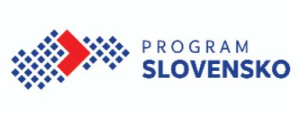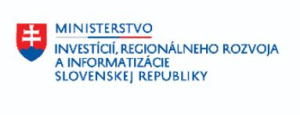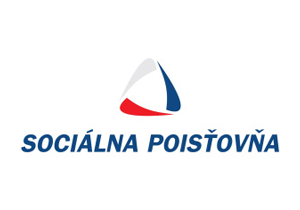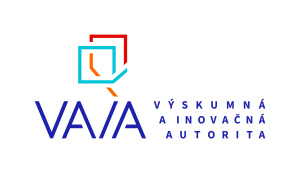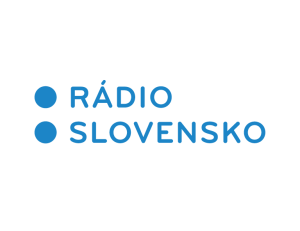Program - Spring ITAPA 2024
08:00
Registration
09:00
A chance for a modern country
9:00 - 9:20 A chance for a modern country (hall LONDON I+II) INTERPRETED
09:00
Marta Jančkárová, moderator
Moderation
09:00
Milan Dubec, Entrepreneur, investor and philanthropist
1on1 interview
09:20
Break
09:25
sekcia 1
9:25 - 9:50 Innovation, research and business in Australia (hall LONDON I+II) INTERPRETED
09:25
Marta Jančkárová, moderator
Moderation
09:25
James Arvanitakis, Forrest Research Foundation
Keynote
9:25 - 10:10 AI in healthcare: the future of medicine? (hall ROME) INTERPRETED
09:25
Šimon Jeseňák, moderator
Moderation
09:25
Spencer Deese, Healthy AI
Innovate to Heal: Transforming the Future of Medicine through AI and chat GPT
09:40
Andrej Thurzo, Faculty of Medicine, Comenius University, SSRM
IGNITE SESSION: AI-transformation of digital education in healthcare: Next-generation doctors in the era of artificial intelligence skills and tools
09:45
Peter Drotár, Technical University of Košice
IGNITE SESSION: Applications of AI in Medical Imaging
09:50
Michal Sekula, EVIDEN
AI Cyber Threats in Medical Decision Making
09:50
Start-up nation Israel
9:50 - 10:15 Start-up nation Israel (hall LONDON I+II) INTERPRETED
09:50
Marta Jančkárová, moderator
Moderation
09:50
Alex Lyhovez, Tech entrepreneur & global business development expert
Innovation as a catalyst for growth
10:10
sekcia 2
10:15 - 10:45 Research and development support (hall LONDON I+II) INTERPRETED
10:15
Marta Jančkárová, moderator
Moderator
10:15
Zuzana Letková, The Ministry of Investment, Regional Development and Informatization of the Slovak Republic
Róbert Zsembera, The Ministry of Education, Research, Development and Youth of the Slovak Republic
Discussion "Research and development support"
Róbert Zsembera, The Ministry of Education, Research, Development and Youth of the Slovak Republic
10:10 - 11:05 AI assisted oncology patient journey (hall ROME) INTERPRETED
10:10
Eva Sládková, moderator
Moderator
10:10
Thomas Göhl, Roche Diagnostics Deutschland
AI & ChatGPT - what lies ahead in medicine?
10:25
Štefan Korec, Onco Alliance Slovakia
What role does artificial intelligence play in the oncology patient's journey in modern medicine?
10:32
Jana Bendová, doctor and expert
Branislav Bystrický, Trenčín Faculty Hospital
Štefan Korec, Onco Alliance Slovakia
DISCUSSION "AI assisted cancer patient journey"
Branislav Bystrický, Trenčín Faculty Hospital
Štefan Korec, Onco Alliance Slovakia
10:45
Networking break / 11:05 - 11:20 Break for AI topics
11:10
Section 2.1
11:10 - 12:00 Mission Health (hall LONDON I+II) INTERPRETED
11:10
Šimon Jeseňák, moderator
Moderator
11:10
Vladimír Baláž, Faculty hospital of F. D. Roosevelt Banská Bystrica
Allan Böhm, Premedix Academy
Pavol Martanovič, Social Insurance Company
Matej Škorvánek, Neurological Clinic, Faculty of Medicine, University of Pavel Jozef Šafárik and Louis Pasteur University Hospital in Košice
Petra Zappe, Research and innovation authority
DISCUSSION "Mission Health"
Allan Böhm, Premedix Academy
Pavol Martanovič, Social Insurance Company
Matej Škorvánek, Neurological Clinic, Faculty of Medicine, University of Pavel Jozef Šafárik and Louis Pasteur University Hospital in Košice
Petra Zappe, Research and innovation authority
11:20 - 12:05 AI regulation (hall ROME) INTERPRETED
11:20
Lucia Kondáš, moderator
Moderator
11:20
Michal Číž, SAPIE
Tomáš Jucha, AmCham
Matúš Mesarčík, KINIT
Juraj Čorba , Ministry of investments, regional development and informatization of the Slovak Republic
DISCUSSION "Regulation of AI"
Tomáš Jucha, AmCham
Matúš Mesarčík, KINIT
Juraj Čorba , Ministry of investments, regional development and informatization of the Slovak Republic
12:00
Sekcia 3
12:00 - 12:45 Neurology: Migraine is not just a "regular" headache (hall LONDON I+II) INTERPRETED
12:00
Eva Sládková, moderator
Moderator
12:00
Antonio Della Croce, AbbVie Czechia & Slovakia
Ján Kyselovič, Faculty of Medicine UK Bratislava
Peter Valkovič, Faculty of Medicine of the Comenius University in Bratislava and the University Hospital in Bratislava
DISCUSSION "Neurology: Migraine is not just a "regular" headache"
Ján Kyselovič, Faculty of Medicine UK Bratislava
Peter Valkovič, Faculty of Medicine of the Comenius University in Bratislava and the University Hospital in Bratislava
12:05 - 13:05 How the industrial firm is changing under the influence of AI (hall ROME) INTERPRETED
12:05
Lucia Kondáš, moderator
Moderator
12:05
12:15
Peter Bilík, Smart Industry Solution Designer
Miloslava Gábrišová, Energotel
Michal Géci, SEPS
Marek Šebo, AI Solutions Designer
DISCUSSION "How an industrial company changes under the influence of AI"
Miloslava Gábrišová, Energotel
Michal Géci, SEPS
Marek Šebo, AI Solutions Designer
13:40
Sekcia 4
12:45 - 13:25 Acceleration of innovations in healthcare (hall LONDON I+II) INTERPRETED
12:45
Šimon Jeseňák, moderator
Moderator
12:45
Liam Grover, Healthcare Technologies Institute & West Midlands Health Tech Innovation Accelerator
What are the challenges and opportunities in introducing new technologies to the market for modern healthcare?
12:55
Adam Grey, HealthHub
Revolutionizing Slovak Healthcare: The x.Hub Innovation Platform
13:02
Liam Grover, Healthcare Technologies Institute & West Midlands Health Tech Innovation Accelerator
Adam Grey, HealthHub
DISCUSSION "Acceleration of innovations in healthcare"
Adam Grey, HealthHub
13:25
Lunch
14:15
Section 5
14:30 - 15:10 How much does a sick population cost the state? (hall LONDON I+II) INTERPRETED
14:30
Šimon Jeseňák, moderator
Moderator
14:30
Róbert Babeľa, Slovak Medical University
Fiscal consequences of Disease
14:37
Róbert Babeľa, Slovak Medical University in Bratislava
Danica Bognárová, Social Insurance Agency
Adam Marek, Ministry of Finance of the Slovak Republic
Matej Mišík, Ministry of Health of the Slovak Republic
DISCUSSION "How much does a sick population cost the state?"
Danica Bognárová, Social Insurance Agency
Adam Marek, Ministry of Finance of the Slovak Republic
Matej Mišík, Ministry of Health of the Slovak Republic
14:00 - 14:40 Human resources for a modern country (hall ROME)
14:00
Lucia Kondáš, moderator
Moderator
14:00
Gustáv Budinský, Ministry of Investments, Regional Development and Informatization of the Slovak Republic
Marek Greško, TITANS freelancers
Viktória Skřivánková, Office of the Deputy Prime Minister of the Slovak Republic, VAIA
Marcel Vysocký, Ministry of Education, Research, Development and Youth of the Slovak Republic
DISCUSSION "Human resources for a modern country"
Marek Greško, TITANS freelancers
Viktória Skřivánková, Office of the Deputy Prime Minister of the Slovak Republic, VAIA
Marcel Vysocký, Ministry of Education, Research, Development and Youth of the Slovak Republic
15:05
Section 6
15:10 - 15:55 The future of the use of genomics in preventive and personalized medicine (hall LONDON I+II) INTERPRETED
15:10
Šimon Jeseňák, moderator
Moderator
15:10
Regína Lohajová Behulová, Oncological Institute of St. Elizabeth
Eva Kriegová, University Hospital Olomouc
Ján Radvánszky, Comenius University in Bratislava, Biomedical Centre of the Academy of Sciences
Tomáš Szemes, Comenius University in Bratislava, Science Park
DISCUSSION "The future of the use of genomics in preventive and personalized medicine"
Eva Kriegová, University Hospital Olomouc
Ján Radvánszky, Comenius University in Bratislava, Biomedical Centre of the Academy of Sciences
Tomáš Szemes, Comenius University in Bratislava, Science Park
14:40 - 15:25 An innovative approach to ESG (hall ROME)
14:40
Lucia Kondáš, moderátor
Moderator
14:40
Martin Púček, CRIF – Slovak Credit Bureau
ESG certification and reporting
14:45
Daniel Rabina, ESG KLUB
Cost of Inaction: How Much Will Inactivity in Sustainability Cost Companies?
14:50
Marek Antoňák, AfB Slovakia
Martin Púček, CRIF
Daniel Rabina, ESG CLUB
Discussion "An innovative approach to ESG"
Martin Púček, CRIF
Daniel Rabina, ESG CLUB
15:55
Networking break
16:15
Section 7
16:15 - 17:05 Mental health of young people in the age of digitization (hall LONDON I+II)
16:15
Eva Sládková, moderátor
Moderator
16:15
Róbert Babeľa, Slovak Medical University in Bratislava
Ľubomíra Izáková, Faculty of Medicine in Bratislava of Comenius University
Barbora Maliarová, Ministry of Health of the Slovak Republic
Andrej Vršanský, League for Mental Health
DISCUSSION "Mental health of young people in the age of digitization"
Ľubomíra Izáková, Faculty of Medicine in Bratislava of Comenius University
Barbora Maliarová, Ministry of Health of the Slovak Republic
Andrej Vršanský, League for Mental Health
17:00
sekcia 8
17:05 - 17:50 ITAPA OPEN TALK: Regenerative medicine - the future of treatment and tissue restoration (hall LONDON I+II)
17:05
Peter Musil, moderator
Moderated
17:05
Martin Boháč, Slovak Society for Regenerative Medicine
Andrej Thurzo, Faculty of Medicine, Comenius University, Slovak Society for Regenerative Medicine
Radoslav Zamborský, Orthopaedic Clinic of Comenius University Faculty of Medicine and National Institute of Childhood Diseases
ITAPA OPEN TALK
Andrej Thurzo, Faculty of Medicine, Comenius University, Slovak Society for Regenerative Medicine
Radoslav Zamborský, Orthopaedic Clinic of Comenius University Faculty of Medicine and National Institute of Childhood Diseases
17:50
A glass of wine

